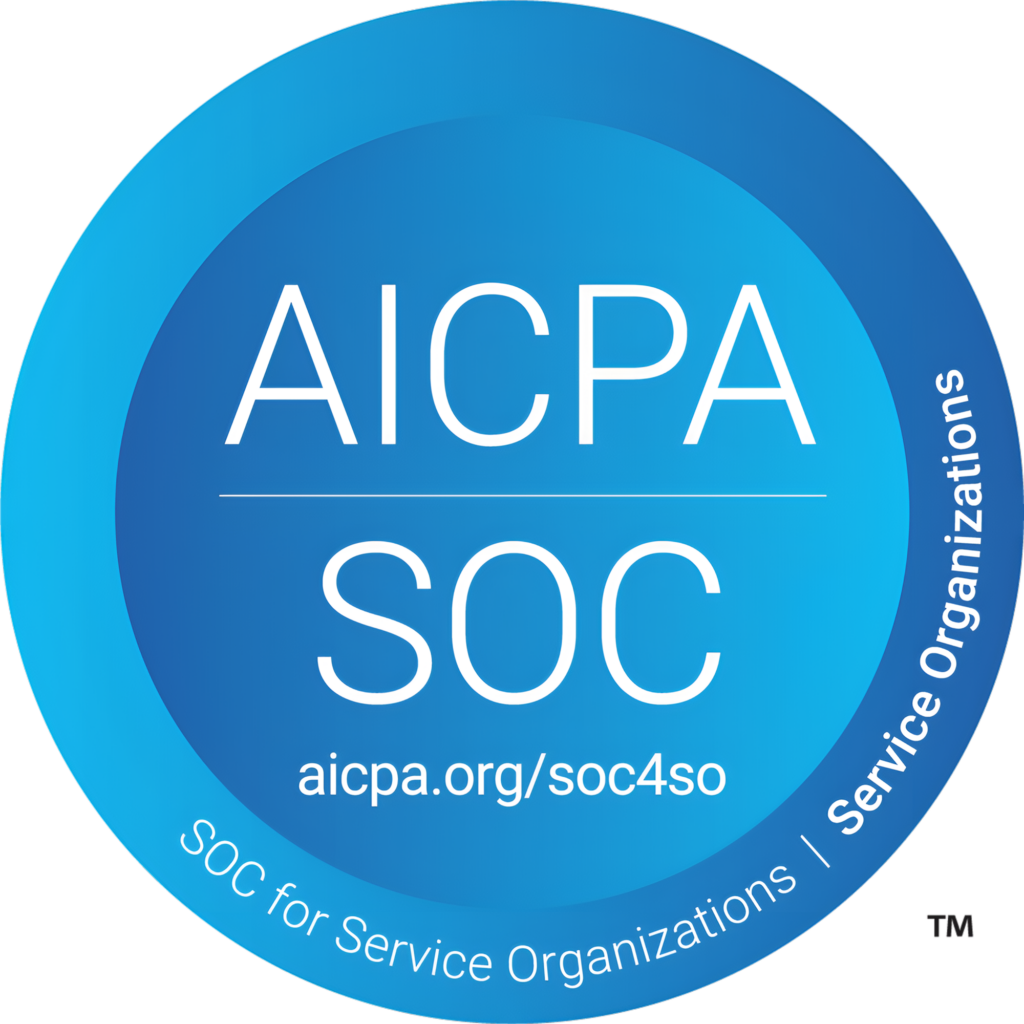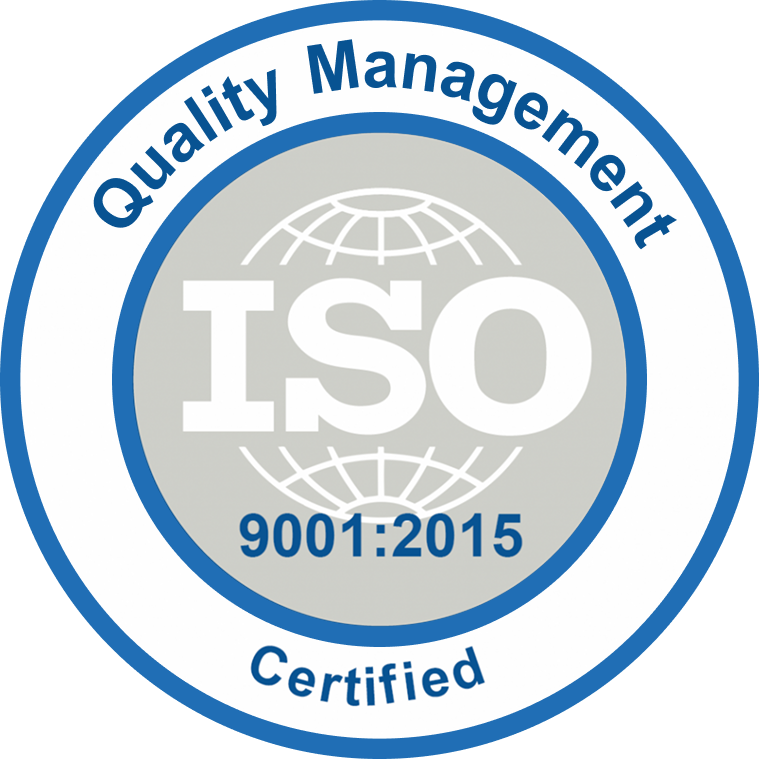Managing cloud costs can be a daunting task, especially as businesses scale and diversify their cloud operations. Microsoft Cost Management offers a powerful set of tools designed to provide full visibility into your cloud expenditure.
This guide will help you understand how to leverage Microsoft Cost Management to not only monitor your spending but also to optimize costs and drive financial accountability across your organization.
Continue Reading
Understanding Microsoft cost management
Microsoft Cost Management provides interactive cost analysis tools that allow businesses to visualize their cloud usage and spending patterns. Through detailed breakdowns of resources, services, and subscription-level expenses, this tool gives your team the insights needed to manage costs efficiently. By using built-in views and customizable options, you can analyze costs at both macro and micro levels, making it easier to identify cost-saving opportunities.
Key features include:
- Real-time cost visibility
- Built-in and customizable views
- Integration with Power BI for advanced reporting
Optimize costs with smart views
One of the standout features in Microsoft Cost Management is its smart views. These views offer intelligent insights, such as cost anomalies and key performance indicators (KPIs), to help teams understand where they are overspending. Smart views also break down costs into manageable levels, enabling you to see which resources or services are contributing the most to your overall spending.
Some highlights of Smart Views:
- Anomaly detection for unusual cost spikes
- Resource-based cost breakdowns
- Historical cost trends for improved forecasting
Customizable views for tailored insights
While Smart Views provide general insights, customizable views allow you to dig deeper. These reports are tailored to specific use cases, such as isolating costs by resource groups or services. By applying filters and grouping data, businesses can focus on the areas that matter most and fine-tune their cost management strategy. Furthermore, custom views can be saved, shared, and exported for collaborative reporting.
Benefits of Customizable Views:
- Filter data by resource type, subscription, or date range
- Create personalized reports for different teams
- Pin views for easy access and share insights across departments
Forecasting costs for future planning
With built-in forecasting capabilities, Microsoft Cost Management enables you to predict future costs based on historical spending patterns. This feature helps businesses budget more effectively and stay within financial targets. The forecasting model adapts to reserved instance purchases and other factors to give a more accurate projection of future spending.
Key considerations for accurate forecasting:
- Use at least 90 days of historical data
- Filter out temporary cost spikes for normalized projections
- Integrate with budget tracking to stay on course
Driving accountability and cost control
Microsoft Cost Management doesn’t just provide visibility—it encourages financial accountability. With customizable alerts, businesses can set budgets and monitor when spending approaches or exceeds limits. This proactive approach helps teams prevent unnecessary expenses and ensures they stay aligned with financial goals.
Best practices for cost control:
- Set subscription anomaly alerts
- Use detailed tagging strategies for granular tracking
- Implement budgets and monitor progress regularly
Ready to optimize your cloud costs with precision and confidence?
AVASOFT’s expertise in Microsoft Cost Management can help you transform your business by offering in-depth insights, efficient resource allocation, and improved financial accountability. Contact us today to learn how we can streamline your cloud spending and help you achieve long-term cost efficiency.

